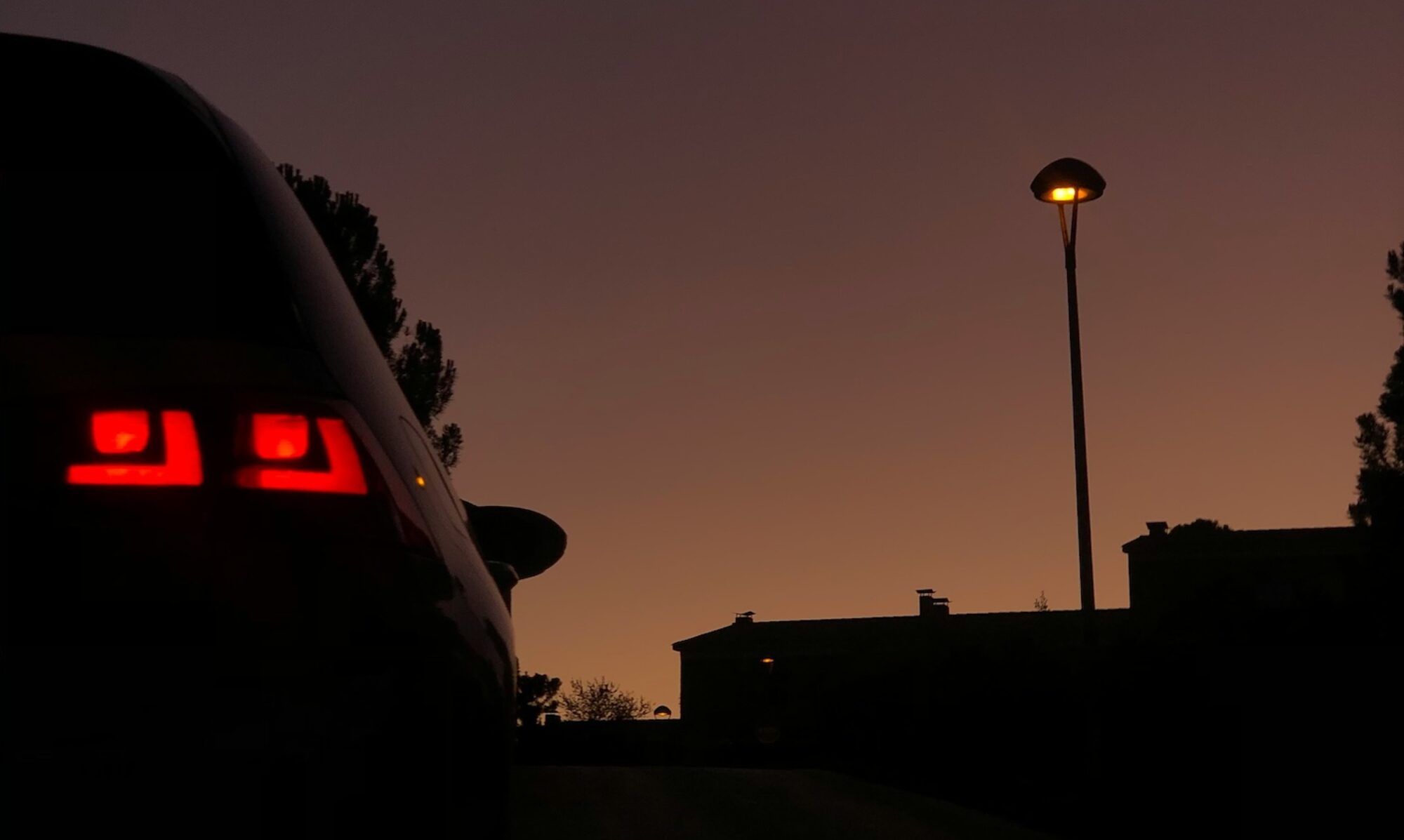 “Everything in moderation, including moderation,” said the infamous Oscar Wilde. While I’m not certain the quote is worthy of being a life mantra (especially when it comes to love… and uh, bacon), there’s a reason most of us are not attracted to the extremes; they go too far. The extremes never find the wisdom in balance… be that between flooding and drought, lawlessness and tyranny, or starvation and gluttony, for example. Our challenge is the lack of discernment when moving toward the extreme.
“Everything in moderation, including moderation,” said the infamous Oscar Wilde. While I’m not certain the quote is worthy of being a life mantra (especially when it comes to love… and uh, bacon), there’s a reason most of us are not attracted to the extremes; they go too far. The extremes never find the wisdom in balance… be that between flooding and drought, lawlessness and tyranny, or starvation and gluttony, for example. Our challenge is the lack of discernment when moving toward the extreme.
Today’s observations are prompted by a recent, fascinating conversation. While alluded to here previously, I am wondering anew if the public conversation deserves more scrutiny.
My observation begins with the awareness that in recent years, there has been a ramped-up rhetorical push for so-called “equality.” Name a subject; someone somewhere has tied the concept of equality to the issue… social equality… civil equality… racial equality… marriage equality… immigration equality… income equality… economic equality. The word works because so few of us wish to embrace “inequality” — or something perceived to be lesser or inferior. The word “equality” thus seems to be quickly, rhetorically attached to any initiative, movement, or campaign in order to drum up more momentum and support.
The “equality” movement has morphed into a question of “fairness” — a similar, rhetorically-pleasing concept. There’s just one problem: for any who have ever educated a child, we know that life is not fair. And while “equality” and “fairness” may sound good, they are not always attainable, sustainable, or true.
While “all men are created equal,” being “endowed by their Creator with certain unalienable Rights,” we were also each endowed with different gifts, strengths, and weaknesses; we are not the same. A key aspect of maturity means recognizing our unique wiring — and then using that for good. We instead seem to spend so much effort and energy comparing ourselves to other people — which serves as the basis for any “equality” or “fairness” debate.
Such brings me to the recent conversation. In an interview with ABC Radio, British philosopher Adam Swift offered what I believe to be shocking insight. The University of Warwick professor — who previously held visiting positions at Harvard, MIT, and the University of Wisconsin — spoke of how we are “unfairly disadvantaging” children. Remember that Swift is considered highly intelligent; he is widely respected in academia; he is teaching college kids. Swift’s unfair comment was in regard to how parents reading to their children are “unfairly disadvantaging other people’s children” [emphasis mine].
I’ll continue…
“I don’t think parents reading their children bedtime stories should constantly have in their minds the way that they are unfairly disadvantaging other people’s children, but I think they should have that thought occasionally.”
He goes on…
“One way philosophers might think about solving the social justice problem would be by simply abolishing the family. If the family is this source of unfairness in society, then it looks plausible to think that if we abolished the family, there would be a more level playing field.”
Abolishing the family… the family equated to a “source of unfairness.” Swift says he became interested in this question because he was interested in “equality of opportunity.”
I have two more thoughts:
- Sometimes we still don’t realize that life is not fair. And…
- Sometimes we lack discernment when moving toward the extreme.
Respectfully…
AR

This is socialism in its purest form. Didn’t you recently have a post on why people won’t call things what they are? Because Americans would reject socialism. So it is instead advanced by veiling it in more socially acceptable sheep’s clothing such as equality, Affordable Care, and “It Takes a Village.”